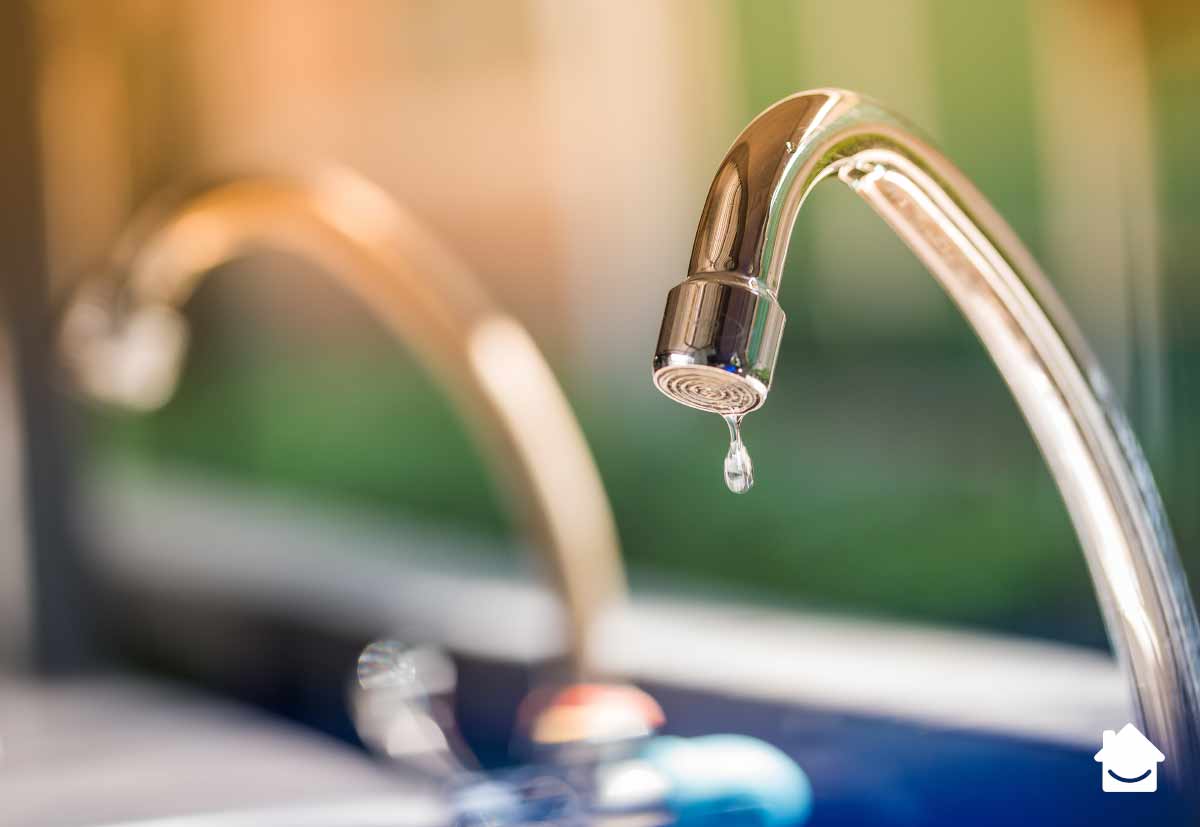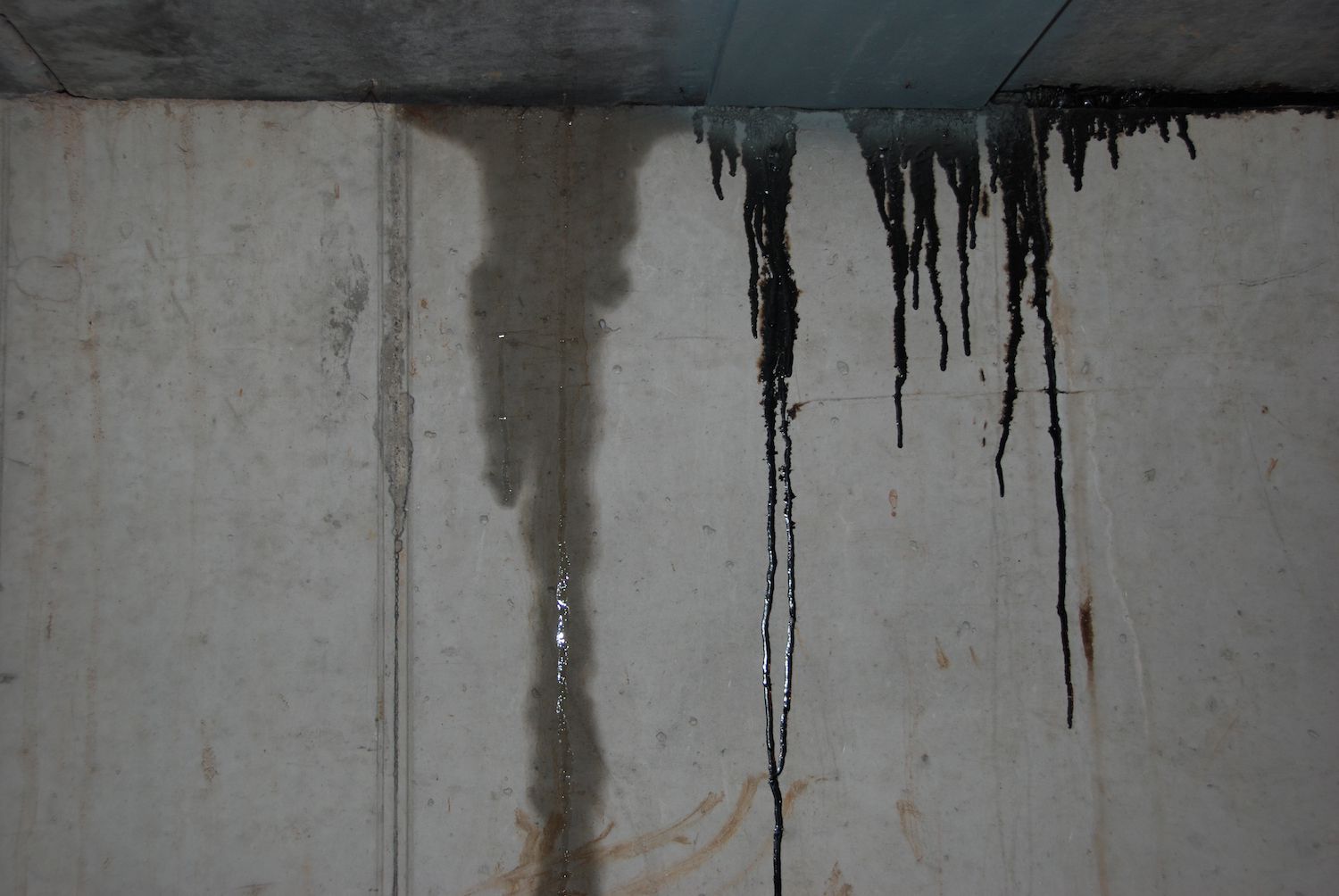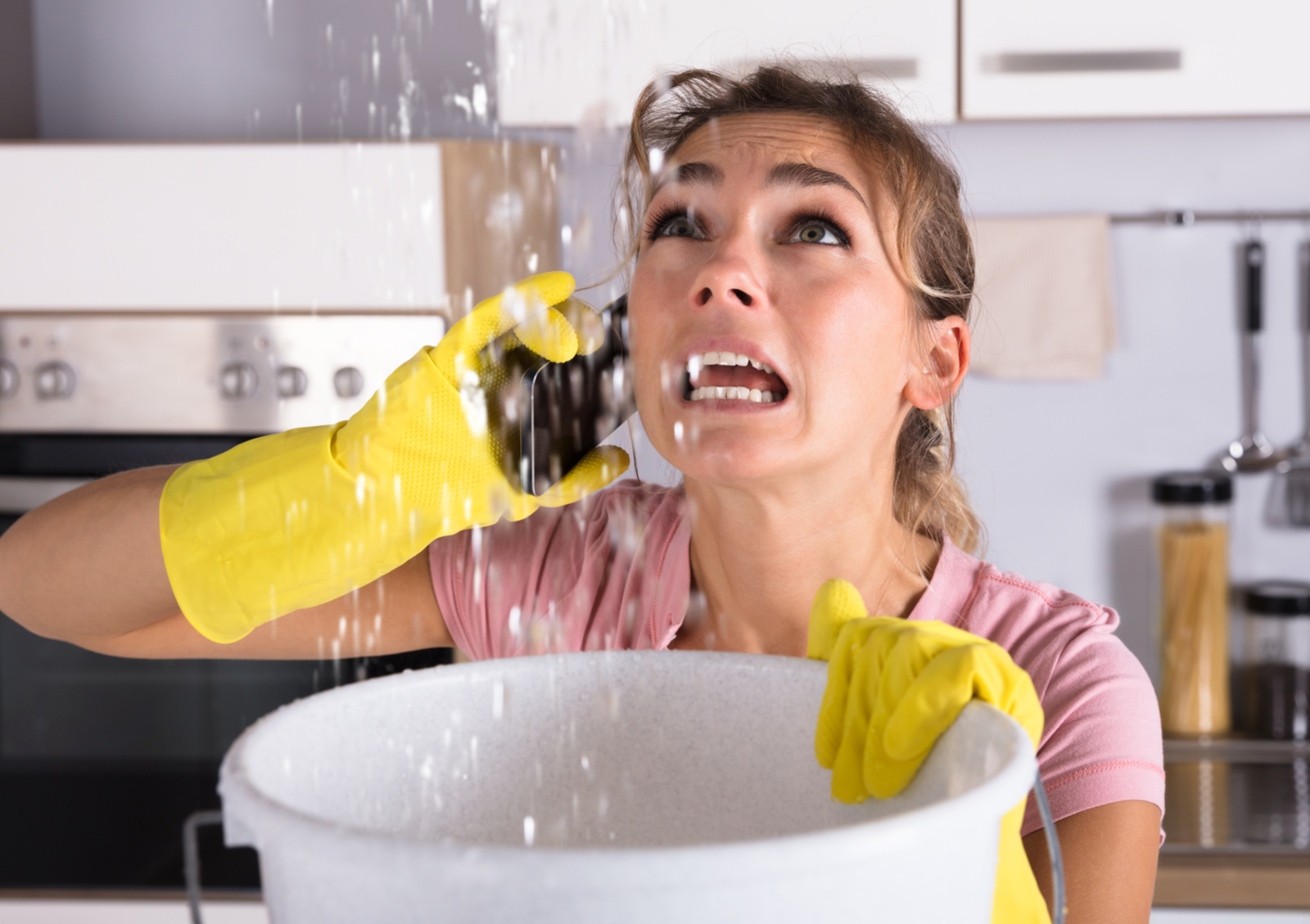The Best Way to Check for Leaks in Your Home
 There are many types of water leaks, and you may not notice them right away. If you ignore it, the damage will only get more severe. Taking action when leaks are small is much cheaper than fixing them later. The best way to deal with a leak is to detect it and call someone to take a look at it thoroughly. In order to detect it early on, I needed advice on what I should be on the lookout for in my home, so I talked to Risk-Free Serv and found out:
There are many types of water leaks, and you may not notice them right away. If you ignore it, the damage will only get more severe. Taking action when leaks are small is much cheaper than fixing them later. The best way to deal with a leak is to detect it and call someone to take a look at it thoroughly. In order to detect it early on, I needed advice on what I should be on the lookout for in my home, so I talked to Risk-Free Serv and found out:
Contents
Inspect the Toilets
Leaks in toilets are usually relatively easy to detect because of how much water they use. It is common for them to be followed by noise. Nevertheless, if you still suspect there’s water around the toilet, there’s a simple trick you can try. Using food coloring tablets will help. After flushing the toilet, place the tablets inside the tank. Check the results after about half an hour. Colored water means there is a leak if you see it in your bowl. This leak might not be significant right now, but it is vital to react quickly and call for help.
Verify the Washing Machine Is Not Leaking
Leaks can also occur very easily in your washing machine. The use of water by a washing machine is substantial, and it’s possible for one to leak for a number of reasons. The water hose may be attached loosely to the wall, the positioning of the water heater will be uneven, and too much detergent or laundry will be present. If you notice leaks, the first thing to look for is the hose. Water can easily run down the wall if they get loose or fall off. Prior to connecting a hose between the water pump and the tub, the pump should be checked. Replace it if it’s old and check if it’s properly wired. When the hose is in good shape and connected properly, you may have a problem with your water pump.

Make Sure the Water Heater Is Working
The older a water heater gets, the less reliable it becomes. They might not heat as much water as you want if they are not cleaned regularly, and they might also leak. A number of components need to be inspected and replaced, including valves, nipples, liners, and caps. The most effective solution is to replace a broken tank that is leaking.
Do Check the Fridge and Dishwasher
They both use a lot of water as well. Leaks in the kitchen are often difficult to detect since people frequently use and clean the kitchen, and sometimes water on the floor does not receive much attention. The water supply line for the fridge should also be checked, just like the one for the washing machine. Occasionally checking the back of the fridge would be a smart idea.
If you look underneath your dishwasher, you might find the leak you suspect. Watch your hose and valves for any unwanted drips as you run the water.

Preventative Maintenance
Every home needs regular maintenance. A flooded apartment is a nightmare you do not want to wake up to one morning. You can schedule a visit from a professional if you lack the experience or confidence to do these checkups on your own; they can perform the necessary investigation and make adjustments on the spot if necessary. Regular maintenance by a professional will help you detect problems early on and get them fixed before they become more severe.

